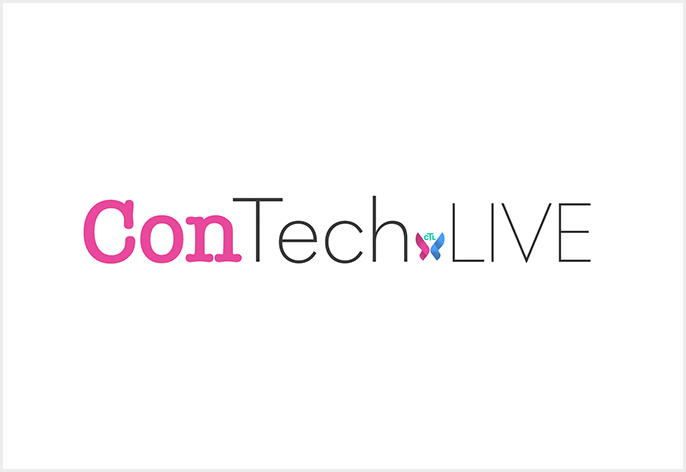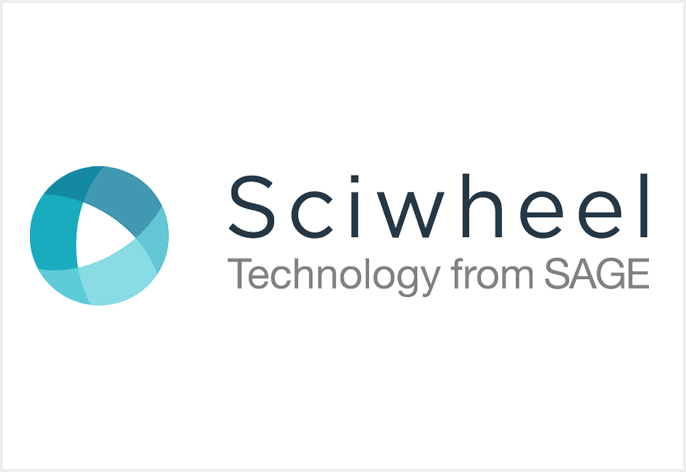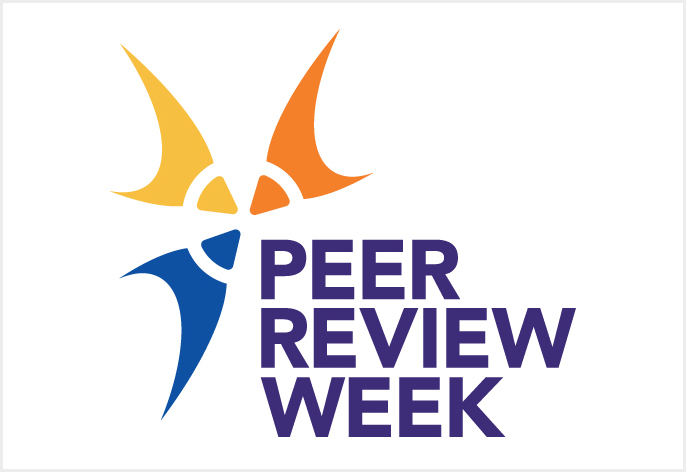Clarivate Plc (NYSE:CLVT), a global leader in providing trusted information and insights to accelerate the pace of innovation, today announced that Jerre Stead, Executive Chair and Chief Executive Officer, is retiring from his CEO role effective September 1, 2022, but will continue as Non-Executive Chair of the Board of Directors. During Mr. Stead’s tenure as Clarivate CEO, the company has nearly tripled in size both in revenue and colleague population, delivered strong cash flow, completed multiple strategic acquisitions, and aligned into a customer- and colleague-centric enterprise.
With this transition, the board of directors has selected Jonathan Gear to succeed Mr. Stead. Mr. Gear is joining Clarivate as CEO-elect and a member of the board of directors on July 11, 2022. Mr. Gear will become Chief Executive Officer on September 1, 2022, at which time Mr. Stead will become Non-Executive Chair.
Mr. Gear brings 23 years of executive leadership experience in technology, data and information services companies, most recently as Chief Financial Officer of IHS Markit, where he helped guide the company through its successful merger with S&P Global. While at IHS Markit, Mr. Gear also served as President of the Energy, Transportation and CMS business segments, leading the P&Ls for approximately $2.6 billion in revenue. Mr. Gear holds a BA in Political Economics from the University of California-Berkeley and an MBA from Stanford University.
Mr. Stead said: “It has been my great honor to lead Clarivate as CEO over the past three years. With a solid strategic plan in place and the acceleration of growth being driven by an amazing team of colleagues around the world, I feel we are well-positioned for the future. I am looking forward to spending more time with Mary Joy, my wife and partner for over 60 years, our wonderful family, and working together to support Clarivate as well as our many charitable and community relationships across the globe.
“I have had the pleasure of working with Jonathan Gear for over 15 years and believe his experience coupled with his leadership capabilities are a perfect match for Clarivate,” Mr. Stead added. “He brings a deep understanding of our markets, our business model and the opportunities we have. I look forward to working with Jonathan as we continue our pursuit of excellence at Clarivate.”
Mr. Gear said: “This is a very exciting time to join Clarivate and become the company’s next CEO. We will continue our efforts to make Clarivate one of the best companies in the world and a valued partner for the customers we serve.”
Anthony Munk, Lead Independent Director for Clarivate, said: “Jerre Stead is such a remarkable leader and accomplished CEO, we feel great about the progress he’s driven across the company, most notably through the One Clarivate business model and building a leadership team prepared to partner with and deliver for customers, colleagues and shareowners around the world. We are particularly pleased that we have been able to bring a high-caliber executive such as Jonathan Gear to Clarivate as our next CEO as he leads the company into an exciting future.”
































